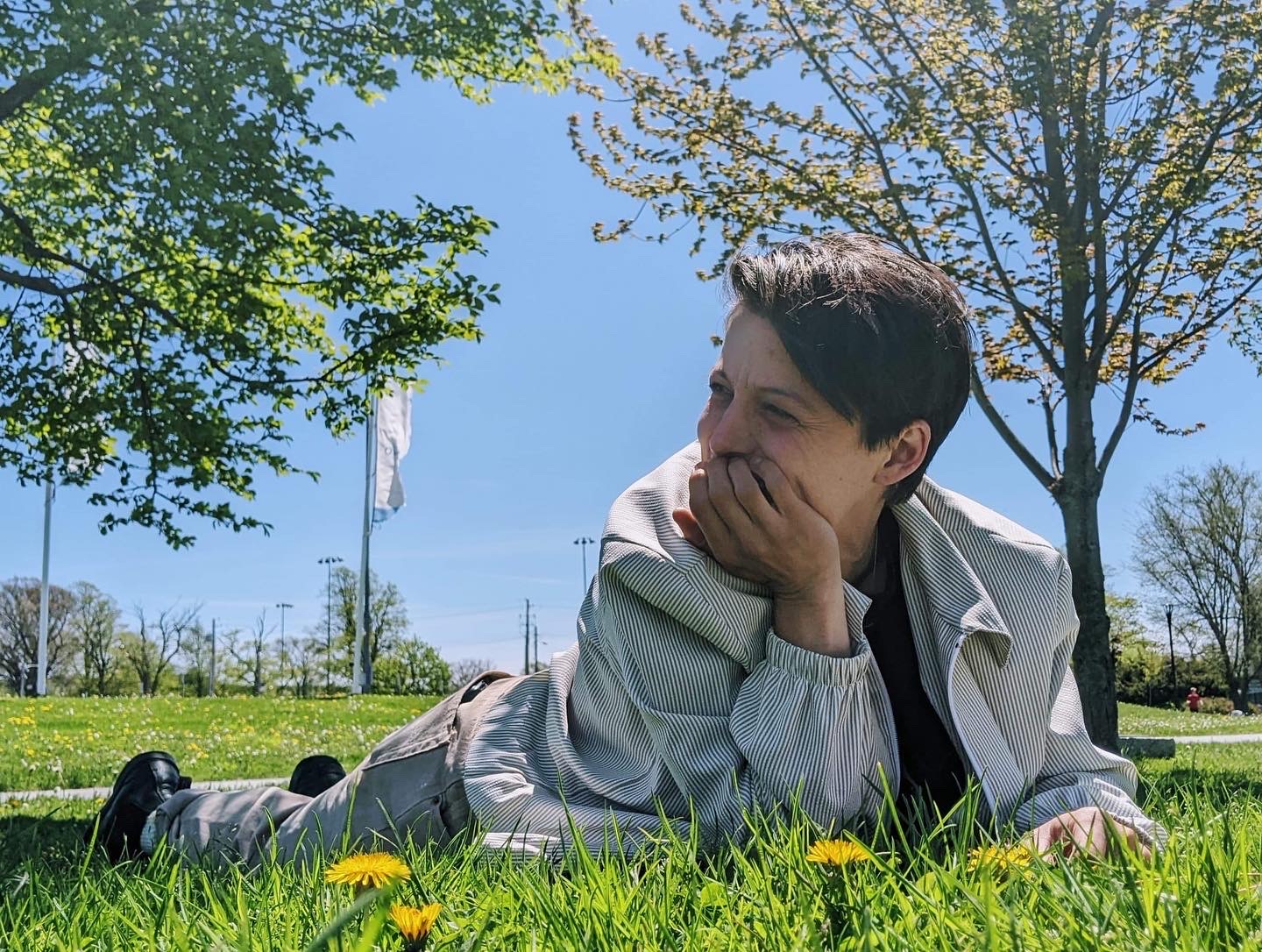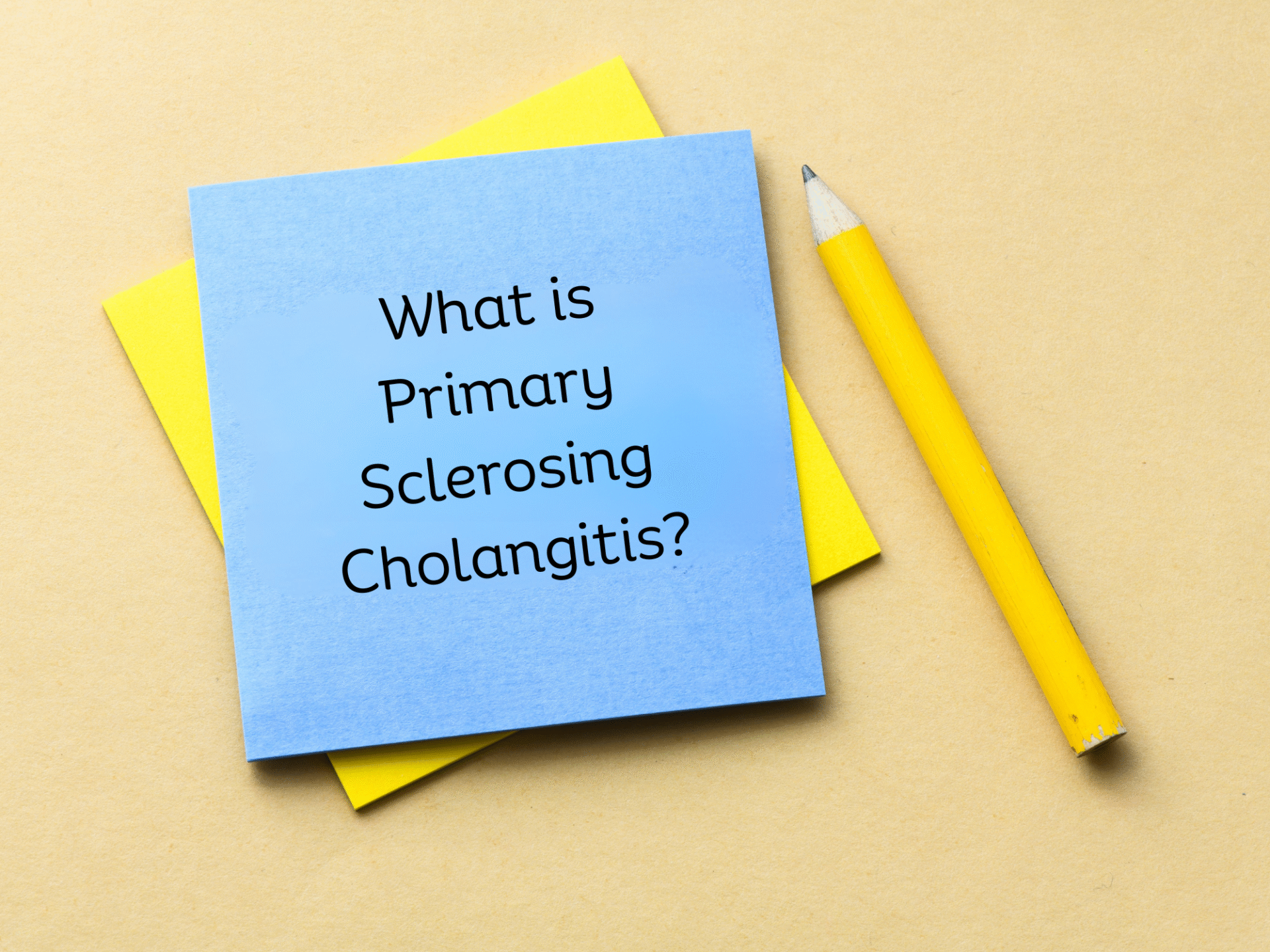From delayed diagnosis to advocacy: Hil’s journey with PSC and the power of speaking out
March 1, 2023
Hil battled just to reach a diagnosis of primary sclerosing cholangitis (PSC), an unfortunate reality for many early PSC patients. Hil described a number of barriers that resulted in a delayed diagnosis of PSC. Shortly before experiencing the first set of symptoms, Hil traveled to several destinations where a type of infectious disease could be a possibility. They saw a series of infectious disease doctors before one doctor had a hunch, put in the extra effort, and made the referral to a hepatologist where a liver biopsy finally provided certainty as to what was behind their various symptoms.
Like many newly diagnosed patients, Hil turned to the internet to find out as much as they could about the disease. During this initial search, Hil came across PSC Partners and became engaged with the community-based science and recognizing the importance of getting into the Patient Registry.
Discussing your PSC with someone for the first time can be challenging. In Hil’s experience, “what someone might want to hear is different from what you as a patient want to communicate.” This process can be made more difficult with the dual nature of PSC as a rare and invisible disease.
Talking publicly about PSC early into their journey prepared Hil for future conversations with healthcare providers, friends, and co-workers. “Just the other day, I had a neighbour say to me ‘how were you just in the emergency room two days ago? You look so good.’” This interaction is familiar to Hil, “Sometimes if people can’t see it, they don’t believe it to be true.”
With a master’s degree in marine biology, Hil is accustomed to communicating in scientific and academic terminology. This background proved useful when communicating with healthcare providers, as they would often have to educate a new provider on the disease.
Meeting new healthcare professionals is a familiar reality for Hil. Over the past couple of years, Hil estimates they’ve gone to the emergency room over 40 times. “A doctor recently came in and said they didn’t know much about PSC but asked what they should know.”
Hil explained that they’ve seen firsthand how using precise language can help a doctor, who may not have encountered PSC before, provide more accurate and timely care. Hil stresses that you don’t want to lie, but sometimes accentuating symptoms (for example, describing symptoms at their worst) can be needed to be taken seriously.
For instance, a few years ago Hil experienced the ill effects of untimely treatment, being hospitalized for 10 days with cholangitis that turned into septicemia which is blood poisoning by bacteria. This is exactly the type of situation Hil hopes others can avoid by advocating for themselves when seeking treatment.

One resource that Hil recently came across was a printable “PSC Alert Card” from PSC Support, the UK patient organization dedicated to improving the lives of patients with PSC. The card provides accurate and succinct information that an ER physician, or other primary care provider, can quickly review and get up to speed on PSC. PSC Support UK has generously offered to allow PSC Partners Canada to modify the UK Alert Card to make it specific for the Canadian healthcare system, and PSC Partners Canada has been working with Canadian healthcare providers to make these modifications.
Hil was an early guest on the Sickboy Podcast back in 2016. Although the original Sickboy Podcast episode is no longer available, Hil credits it for pushing a conversation about PSC, and interacting with the healthcare system with this disease, into the broader discourse. “Most people in my circle of friends learned I had PSC from the episode,” explained Hil, “I hoped others with PSC would find it helpful or useful to hear someone talking about their symptoms and experience.”
Hil Hamilton (pronouns they/them), a Canadian with PSC in Nova Scotia, shared their story with Matt Hodgson, a volunteer writer with PSC Partners Canada.

















